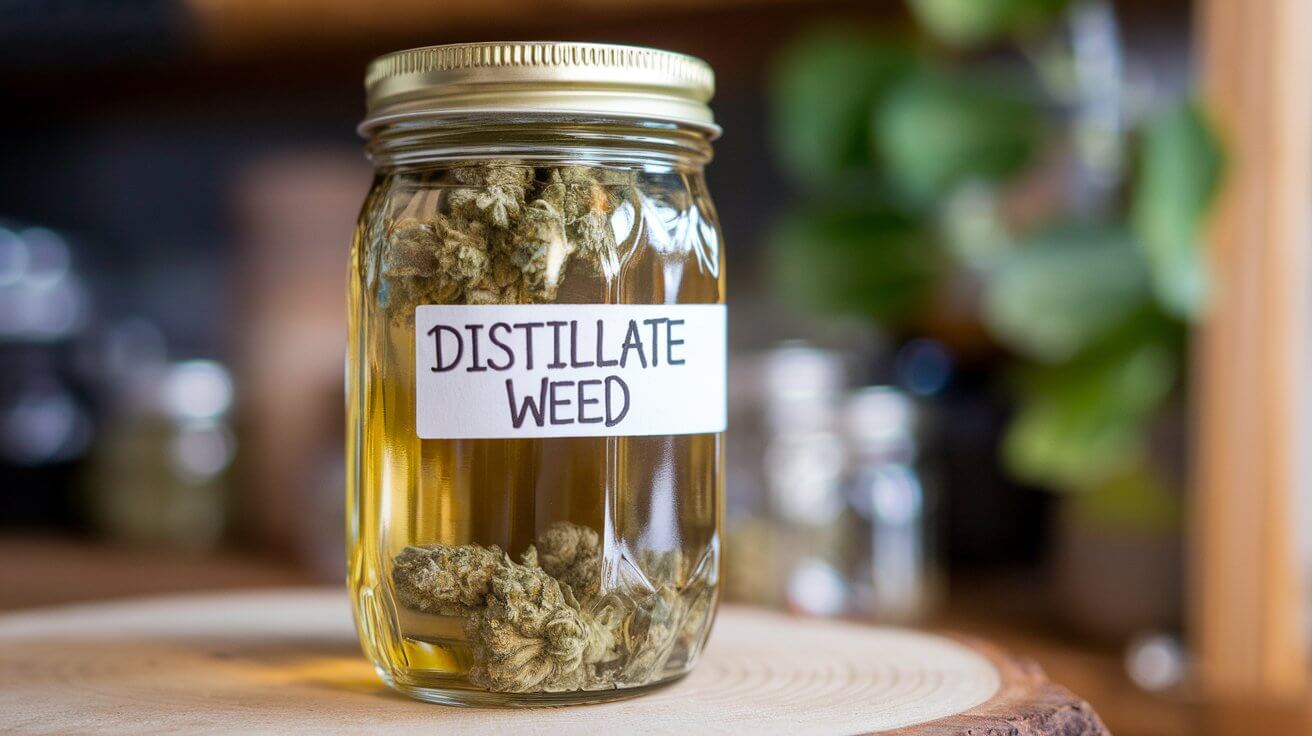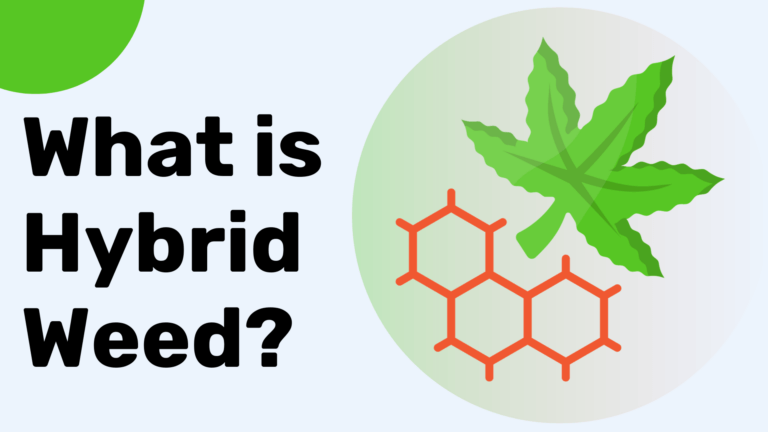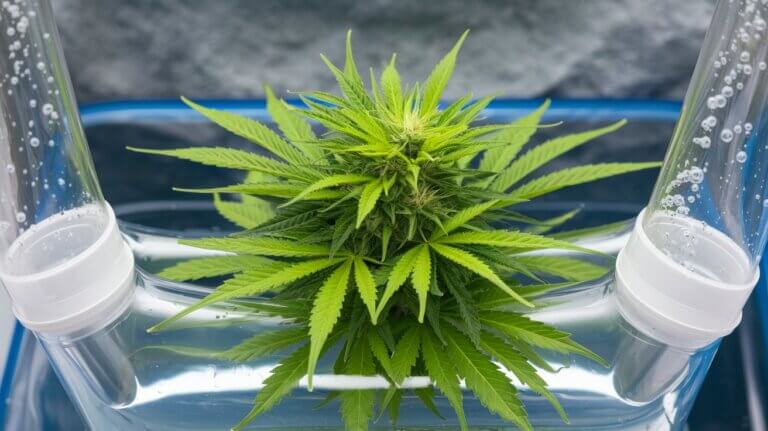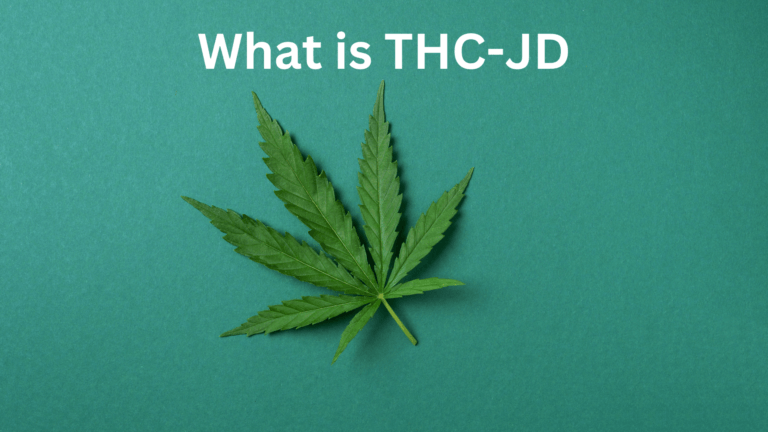Your Quick Go Through about Distillate Weed.
Cannabis has come a long way in terms of its diversity, and one of the most innovative products in the market is cannabis distillate, often referred to as “distillate weed.” Renowned for its potency and purity, distillate weed has become a favorite among cannabis enthusiasts, medical users, and producers of infused products. But what exactly is it, and how does it differ from other cannabis products? In this article, we’ll break it down step-by-step.
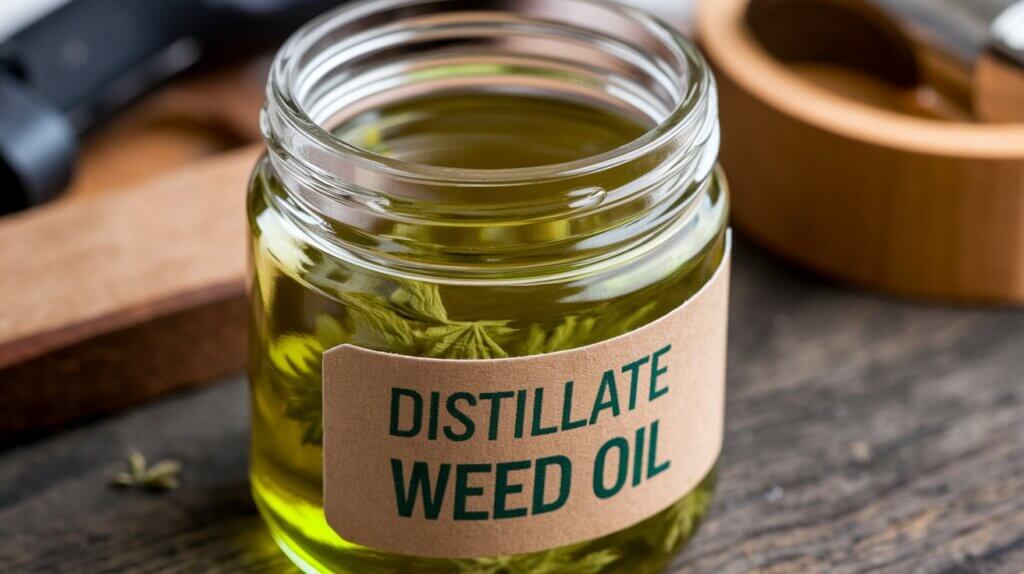
What Is Distillate Weed?
Distillate weed refers to a highly refined cannabis concentrate that isolates and purifies specific cannabinoids, such as THC (tetrahydrocannabinol) or CBD (cannabidiol). The result is a translucent, viscous oil that is incredibly potent and versatile. Unlike other cannabis products, distillates are stripped of plant materials, terpenes, and other compounds during processing, leaving behind a clean and potent extract.
How Is Cannabis Distillate Made?
The production of cannabis distillate involves a sophisticated multi-step process to ensure purity and potency. Here’s a quick look at the main steps:
1. Extraction
The process begins with extracting cannabinoids from the raw cannabis plant. Common methods include ethanol extraction, CO2 extraction, or hydrocarbon extraction. This step isolates the essential compounds from the plant matter.
2. Winterization
Winterization is the process of removing impurities such as waxes, fats, and lipids from the crude extract. By freezing the extract and filtering it, manufacturers ensure a cleaner product.
3. Distillation
The purified extract then undergoes molecular distillation, a process that separates cannabinoids from any remaining contaminants by using heat and vacuum pressure. This step isolates the targeted cannabinoid (like THC or CBD) into its purest form.
4. Optional Reintroduction of Terpenes
Since the distillation process removes terpenes (the aromatic compounds that give cannabis its flavor and aroma), producers sometimes reintroduce them for added flavor and effects. However, some distillates remain odorless and flavorless.
What Makes Cannabis Distillate Unique?
Cannabis distillate stands out for several reasons:
- High Potency: Distillates often contain 85-95% cannabinoids, making them one of the most potent cannabis products on the market.
- Purity: Thanks to its advanced refinement process, distillate weed is free from plant materials, chlorophyll, and residual solvents.
- Versatility: Distillates are incredibly versatile. Since they are odorless and tasteless (unless terpenes are added), they can be used in a wide range of products without altering their flavor.
Common Uses of Cannabis Distillate
Cannabis distillate is a favorite among both recreational and medical users due to its flexibility. Here are the most common ways it’s used:
1. Vape Cartridges
Distillate is a key ingredient in many vape cartridges due to its potency and purity. Vape products with distillate often provide a discreet and convenient way to consume cannabis.
2. Edibles
Many edibles—such as gummies, baked goods, and beverages—use distillate as their base. Its lack of flavor ensures it doesn’t interfere with the taste of the product.
3. Dabbing
For those who enjoy intense, concentrated doses of cannabis, dabbing distillate is a popular method. A small amount of distillate can produce strong effects almost instantly.
4. Topicals
Distillates are used in cannabis-infused creams, balms, and salves for localized relief of pain or inflammation without producing a psychoactive effect.
5. Tinctures
Distillates can be used in tinctures and oils, making them easy to measure for consistent dosing.
Benefits of Cannabis Distillate
- Consistent Dosing: Its potency and purity ensure consistent results, which is especially important for medical patients.
- No Residual Flavor: Distillate can be used in edibles and other products without adding a cannabis taste.
- Customizable: Producers can add terpenes or other cannabinoids to tailor the product to specific needs or preferences.
Are There Any Drawbacks?
While distillate weed offers numerous benefits, there are a few considerations:
- Lack of Full-Spectrum Effects: By isolating one cannabinoid, distillate misses out on the “entourage effect” that comes from using the full spectrum of cannabinoids and terpenes present in cannabis.
- Higher Price Point: The advanced production process can make distillates more expensive than other cannabis products.
- Potency for Beginners: Because it is so potent, novice users should exercise caution when using distillate weed to avoid overconsumption.
How to Safely Use Cannabis Distillate
If you’re new to distillate weed, it’s important to approach it responsibly. Start with a small dose and gradually increase until you find your desired effect. Always purchase products from reputable brands to ensure safety and quality, as improper production can lead to residual solvents or impurities.
Final Thoughts
Cannabis distillate is a revolutionary product in the cannabis world, offering unmatched potency, purity, and versatility. Whether you’re a medical patient looking for precise dosing, a recreational user seeking strong effects, or a producer crafting infused products, distillate is an excellent choice.
With its growing popularity, distillate weed has firmly established itself as a cornerstone of the cannabis industry. As cannabis technology continues to evolve, it’s likely we’ll see even more innovative uses for this refined concentrate
Short Question About Distillate Weed
Here are the most comprehensive answers to frequently asked questions about cannabis distillates, providing in-depth insights into this versatile product.
1. What is cannabis distillate?
Cannabis distillate is a highly purified form of cannabis concentrate that isolates specific cannabinoids, such as THC or CBD, through an advanced distillation process. Unlike raw cannabis extracts, distillates are free from plant material, waxes, lipids, and other compounds, resulting in a clear, potent product. They can be used across multiple applications, including vaping, edibles, tinctures, and dabbing.
2. How is distillate weed different from other concentrates?
Distillate weed differs from other concentrates like shatter, wax, and live resin primarily due to its extreme refinement and purity. Here are the main differences:
- Refinement: Distillates undergo a distillation process that removes everything except the targeted cannabinoid. Other concentrates retain some plant compounds, such as terpenes and waxes.
- Potency: Distillates often contain 85-95% THC or CBD, making them significantly more potent than other concentrates.
- Flavor and Aroma: Unlike shatter or live resin, distillates are odorless and tasteless unless terpenes are reintroduced.
- Versatility: The neutral nature of distillates makes them suitable for infusion into a wide range of products without altering flavor or smell.
3. Is distillate weed odorless and tasteless?
Yes, cannabis distillate is generally odorless and tasteless because the distillation process removes terpenes (the compounds responsible for cannabis’ flavor and aroma). However, some manufacturers reintroduce terpenes into the distillate to enhance flavor and create specific effects. If terpenes are reintroduced, the product will have a distinct flavor profile aligned with its strain origins.
4. What is distillate used for?
Cannabis distillate is one of the most versatile cannabis products available. Common uses include:
- Vape Cartridges: Distillates are the primary ingredient in many pre-filled vape cartridges due to their potency and ability to deliver consistent effects.
- Edibles: The lack of flavor and aroma makes distillates ideal for infusion into candies, baked goods, and beverages without altering the taste of the food.
- Tinctures and Oils: Distillates can be added to tinctures for sublingual use, offering precise dosing and rapid absorption.
- Dabbing: A popular method for consuming distillates involves heating a small amount on a hot surface and inhaling the vapor.
- Topicals: Distillates are blended into creams and balms for localized pain relief or anti-inflammatory effects.
5. How potent is cannabis distillate?
Cannabis distillate is incredibly potent, with THC or CBD concentrations typically ranging from 85% to 95%. This makes it one of the strongest cannabis products on the market. For comparison:
- Raw cannabis flower generally contains 15-25% THC.
- Other concentrates, such as wax or shatter, contain around 50-70% THC.
Because of its potency, users—especially beginners—should consume distillate in small amounts to avoid overwhelming effects.
6. Does distillate contain terpenes?
Not initially. During the distillation process, terpenes are stripped away along with other compounds. However, many producers reintroduce terpenes into the distillate after processing. These terpenes can come from the original cannabis plant or external sources, such as fruit or botanical terpenes, to replicate specific flavors and aromas.
7. Is distillate weed safe for beginners?
Distillate weed can be safe for beginners if consumed responsibly. Its high potency means that even a small amount can have strong effects. Here are some tips for beginners:
- Start Small: Begin with a tiny dose to assess your tolerance.
- Choose the Right Product: Opt for products with lower THC concentrations or a balance of THC and CBD for milder effects.
- Monitor Effects: Wait at least 30-60 minutes after consumption before deciding whether to take more.
- Consult Professionals: Speak to dispensary staff or a healthcare provider to choose the right product for your needs.
8. What is the difference between THC and CBD distillate?
The primary difference lies in the effects:
- THC Distillate: Contains tetrahydrocannabinol, the psychoactive compound responsible for the cannabis “high.” THC distillates are ideal for recreational use or managing conditions like pain, nausea, and insomnia.
- CBD Distillate: Contains cannabidiol, a non-intoxicating compound. CBD distillates are often used for anxiety, inflammation, and overall wellness without psychoactive effects. Both types of distillates can be infused into products like vape cartridges, edibles, and tinctures.
9. How is distillate added to edibles?
Distillate is a popular ingredient in edibles due to its potency and neutral flavor. Here’s how it’s incorporated:
- Infusion: Distillate is mixed with the edible base (e.g., butter, oil, or syrup) to evenly distribute cannabinoids.
- Decarboxylation: Distillates are already decarboxylated, meaning they don’t require additional heating to activate their cannabinoids. This simplifies the infusion process.
- Precise Dosing: Since distillates are concentrated, manufacturers can measure them accurately to ensure consistent dosing across batches.
10. How do I store cannabis distillate?
Proper storage is crucial to maintaining the potency and quality of cannabis distillate. Follow these tips:
- Use Airtight Containers: Store distillate in a glass or silicone container with an airtight seal to prevent oxidation.
- Keep It Cool: Store it in a cool, dark place. High temperatures can degrade cannabinoids and alter the consistency of the product.
- Avoid Moisture and Light: Keep the distillate away from moisture and direct sunlight to prevent degradation. By following these steps, distillate can remain potent for up to a year or more.
FAQs
Here are the most frequently asked questions about distillate weed to help you better understand this potent cannabis product:
What is cannabis distillate?
Cannabis distillate is a highly refined cannabis concentrate that isolates specific cannabinoids, such as THC or CBD, to produce a potent and pure product free of plant material, terpenes, and other compounds.
How is distillate weed different from other concentrates?
Distillate weed undergoes an additional distillation process that isolates cannabinoids to achieve higher potency and purity compared to other concentrates like wax, shatter, or live resin, which often retain more plant material and terpenes.
Is distillate weed odorless and tasteless?
Yes, distillates are typically odorless and tasteless unless terpenes are reintroduced during production. This makes them ideal for edibles and other products where the cannabis flavor might be undesirable.
What is distillate used for?
Distillates are versatile and used in vape cartridges, edibles, tinctures, dabbing, and topicals. Their high potency and flexibility make them a popular choice across various consumption methods.
How potent is cannabis distillate?
Cannabis distillate is extremely potent, often containing 85-95% of the targeted cannabinoid (e.g., THC or CBD). This makes it one of the most concentrated cannabis products available.
Does distillate contain terpenes?
During the distillation process, terpenes are removed. Producers may choose to reintroduce terpenes for added flavor and the “entourage effect,” but not all distillates have them.
Is distillate weed safe for beginners?
Due to its high potency, distillate weed should be approached with caution by beginners. Start with a very small dose and gradually increase as needed to avoid overconsumption.
What is the difference between THC and CBD distillate?
THC distillate focuses on isolating tetrahydrocannabinol (the psychoactive compound responsible for the cannabis “high”), while CBD distillate isolates cannabidiol, which offers therapeutic effects without intoxicating properties.
How is distillate added to edibles?
Distillate is mixed directly into edible products during production because it is already decarboxylated, meaning it does not require heating to activate its cannabinoids.
How do I store cannabis distillate?
Store distillate in an airtight container, away from direct light, heat, and moisture. Proper storage helps maintain its potency and consistency over time.
